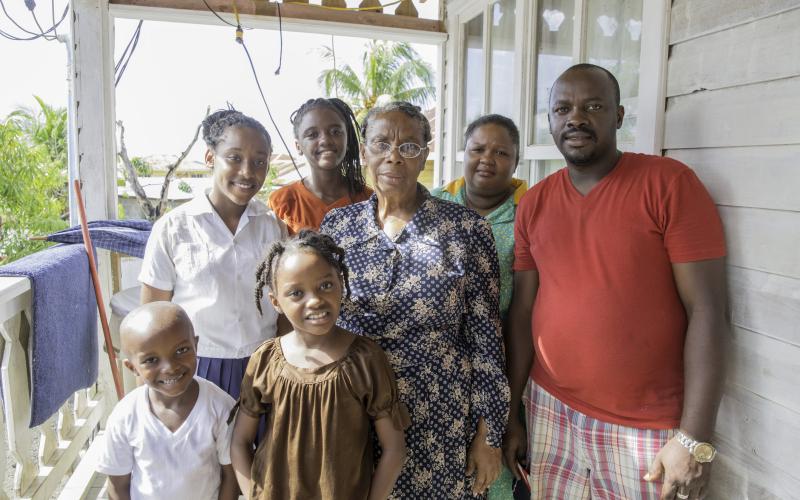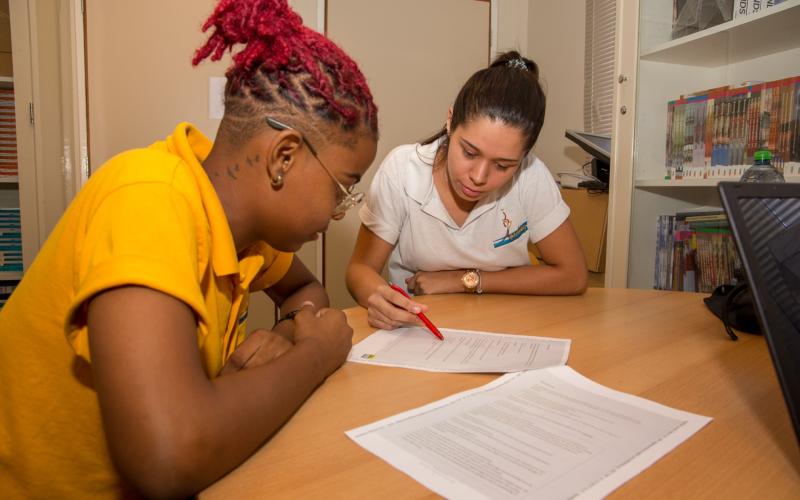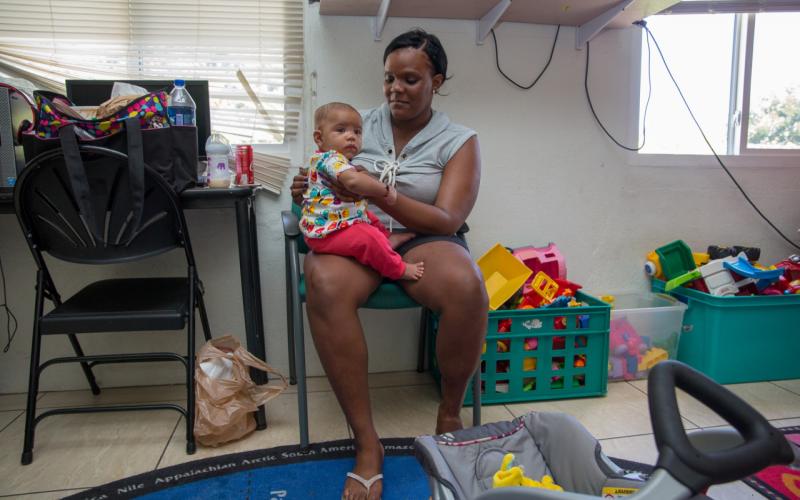The situation for people living in poverty in the Caribbean Netherlands has not improved sufficiently. Despite earlier indications, the action being taken to reduce poverty concerns in the Caribbean Netherlands is still insufficient. The Dutch government must now take steps and come up with a total package of solutions that will help people for a longer period of time. This is the conclusion of the National Ombudsman and the Ombudsman for Children in their report ‘Making ends meet’ (De eindjes aan elkaar knopen). They reflect on three previous studies about poverty in the Caribbean Netherlands.
Growing up in poverty
Growing up in a family living in poverty often has a major impact on children’s daily life and their development. It causes a lot of stress for all family members and affects parenting. Many families living in poverty experience great pressure, leaving little peace, quiet and time for childrearing. As a result, these children are more likely to drop out of school, for instance.
This calls for more than just extra money
The National Ombudsman and the Ombudsman for Children have observed that enough is still not being done to improve the situation of people in poverty in the Caribbean Netherlands. The concerns experienced by people often go beyond money problems. People are also concerned about proper housing, education, healthcare and social support. Although the Dutch government endorses the recommendations and conclusions of the three previous reports of the ombudsmen, it is taking too long before they act on these in a tangible way.
The circle of poverty must be broken
Tackling poverty in the Caribbean Netherlands requires swift action. The National Ombudsman and the Ombudsman for Children have observed that previous solutions were often temporary. It is therefore important that the government now comes with sustainable solutions to break the vicious circle of poverty. The ombudsmen emphasised that the solutions should be developed together with the inhabitants (young and old) of the Caribbean Netherlands. In doing so, it is important to be sensitive to the cultural differences, the small scale of the islands and the current lack of trust and confidence in the government.


